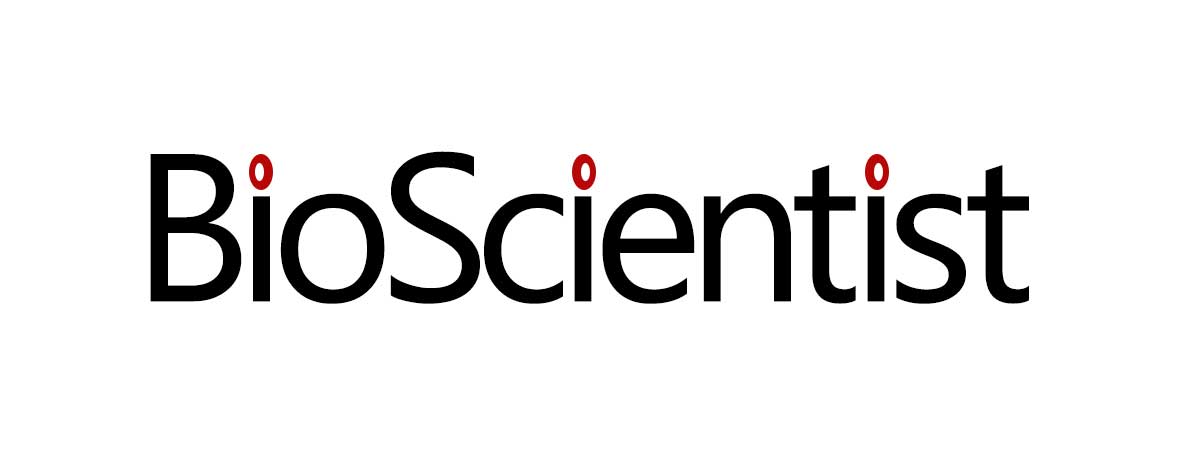Since the beginning of November 2022, I have been representing the Biomedicine Society as the Kidscan Support Bee. In this role, I work and communicate with Kidscan, as well as assist in creating volunteering opportunities. These outreach programs help raise awareness of paediatric cancer for the public. Cancer is the leading cause of death in children and advances in research and treatments have not always been as successful when compared to adults. Studies have shown that research on child cancer corresponds to only 5% of general cancer research 4 . Therefore, Kidscan, as a children’s cancer charity institution, aims to support the development of new therapeutic approaches for treating childhood cancer and relieving the long- term side effects of these treatments 1 .
An exceedingly small number of novel chemotherapy drugs have been developed. As evidenced by the U.S. food and drug administration (FDA) only 6 out of 126 chemotherapy drugs were approved for paediatric oncology patients during 20 years. Furthermore, a 3-year European study showed that over half of medications considered to be fundamental for paedriatic oncology were granted class waivers 2 . The reason being that funding for these treatments is very restricted, especially in rare types of childhood cancer. Consequently, it is important to highlight how fundamental it is to develop novel approaches to these treatments, as these tend to be “aggressive” with side effects to treatments lasting a lifetime. To allow a phased movement to fewer toxic treatments, advances in immunotherapy and gene editing could be a new beginning.
The gene editing technique of CRISPR/Cas9 has shown promising results for immunotherapy in clinical trials for cancer patients. CAR T-cells from the patient’s immune system are taken and altered by CRISPR/Cas9 in vitro and then reintroduced to the patient’s body to challenge cancerous cells. Clinical trials at the University of Pennsylvania were the first to enable the cure of a paediatric patient (Emily Whitehead) from acute lymphocytic leukaemia using a CAR T-cell therapy called tisagenlecleucel (Kymriah) 5 . Another research by Neelapu et al. (2017) has demonstrated how axicabtagene ciloleucel CAR T-cell therapy has been successful in the treatment of B-cell lymphoma. Statistics showing that in 82% of patients with cancer, immunotherapy decelerated or prevented the growth of cancerous cells. Interestingly, slightly over half of the patients showed no signs of cancer after the treatment and a year after the study 3,5 .
Sometimes we may think how can we help in assisting these treatments? Is it possible? The answer is yes. Fundraising is a splendid example! In December 2022 and April 2023, Kidscan had a lot of volunteering opportunities for us at the University of Salford. As the Kidscan support bee, I was responsible for gathering volunteers, willing to support money collections in Manchester City Centre. As well as being a fantastic means to contribute to the lives of those impacted by Cancer, this was a great CV-enhancing opportunity for the volunteers. Volunteering allows the development of communication skills, teamwork and relationship building, confidence (by gathering people to donate), time management and even empathy, by relating to others and creating strong bonds of compassion. Fundamental for scientists to better comprehend how their work impacts and influences others.
Moreover, our collaboration with Kidscan helped to give the charity more integrity and recognition in the wider community. This ultimately supports research into childhood cancer, which is extremely rewarding. I strongly encourage students to participate in future volunteering opportunities. I truly look forward to seeing more of you engaging and supporting this vital cause.
References
1. Kidscan. (n.d.). Our Research: Kidscan Children’s Cancer Research . Retrieved 05/08/2023 from https://kidscan.org.uk/our-research/
2. Laetsch, T. W., DuBois, S. G., Bender, J. G., Macy, M. E., & Moreno, L. (2021). Opportunities and Challenges in Drug Development for Pediatric Cancers. Cancer Discov , 11 (3), 545-559. https://doi.org/10.1158/2159-8290.Cd-20-0779
3. Neelapu, S. S., Locke, F. L., Bartlett, N. L., Lekakis, L. J., Miklos, D. B., Jacobson, C. A., Braunschweig, I., Oluwole, O. O., Siddiqi, T., Lin, Y., Timmerman, J. M., Stiff, P. J., Friedberg, J. W., Flinn, I. W., Goy, A., Hill, B. T., Smith, M. R., Deol, A., Farooq, U., . . . Go, W. Y. (2017). Axicabtagene Ciloleucel CAR T-Cell Therapy in Refractory Large B-Cell Lymphoma. The New England journal of medicine , 377 (26), 2531-2544. https://doi.org/10.1056/NEJMoa1707447
4. Syrimi, E., Lewison, G., Sullivan, R., & Kearns, P. (2020). Analysis of Global Pediatric Cancer Research and Publications. JCO global oncology , 6 (6), 9-18. https://doi.org/10.1200/JGO.19.00227
5. Zhao, L., & Cao, Y. J. (2019). Engineered T Cell Therapy for Cancer in the Clinic. Frontiers in Immunology , 10 , 2250-2250. https://doi.org/10.3389/fimmu.2019.02250
